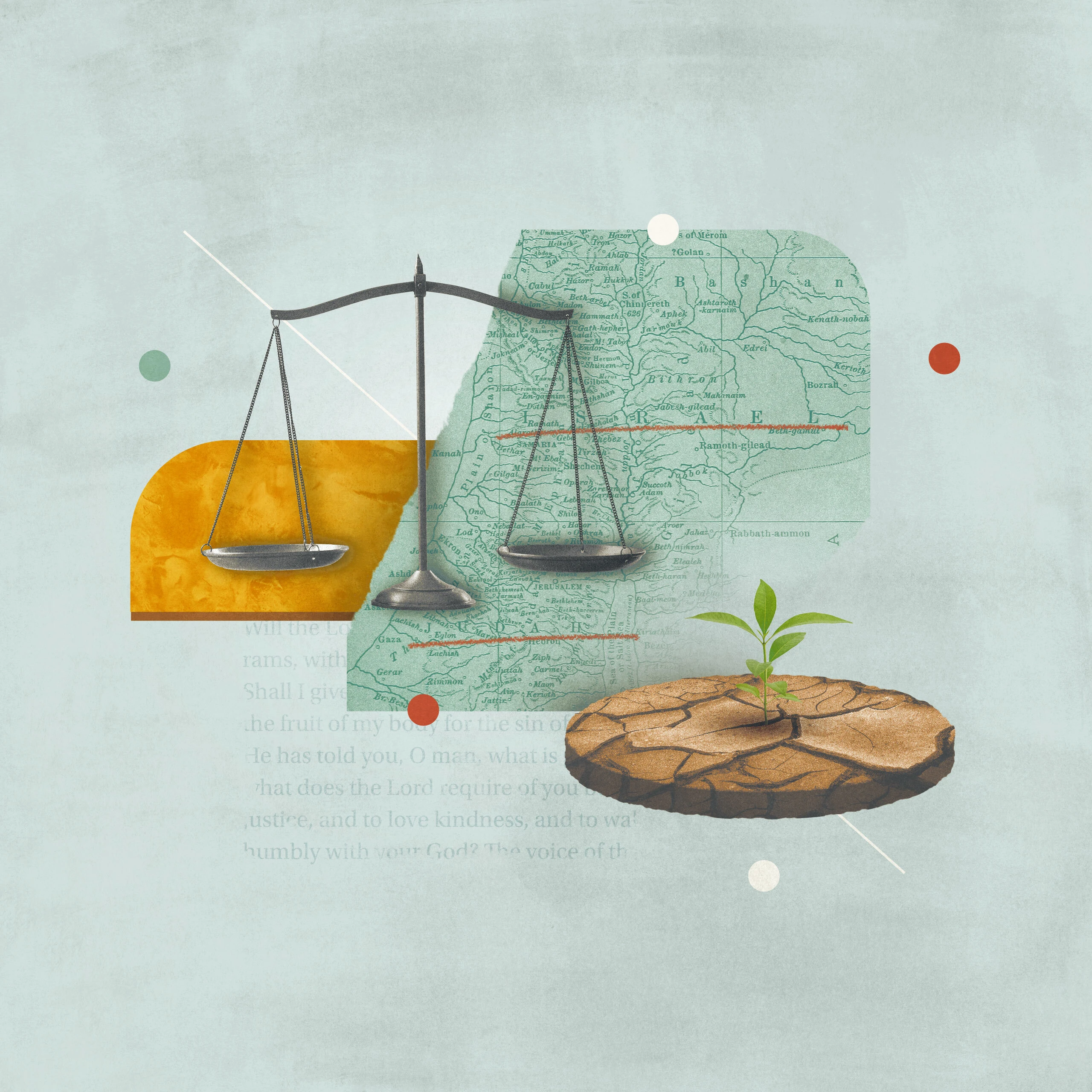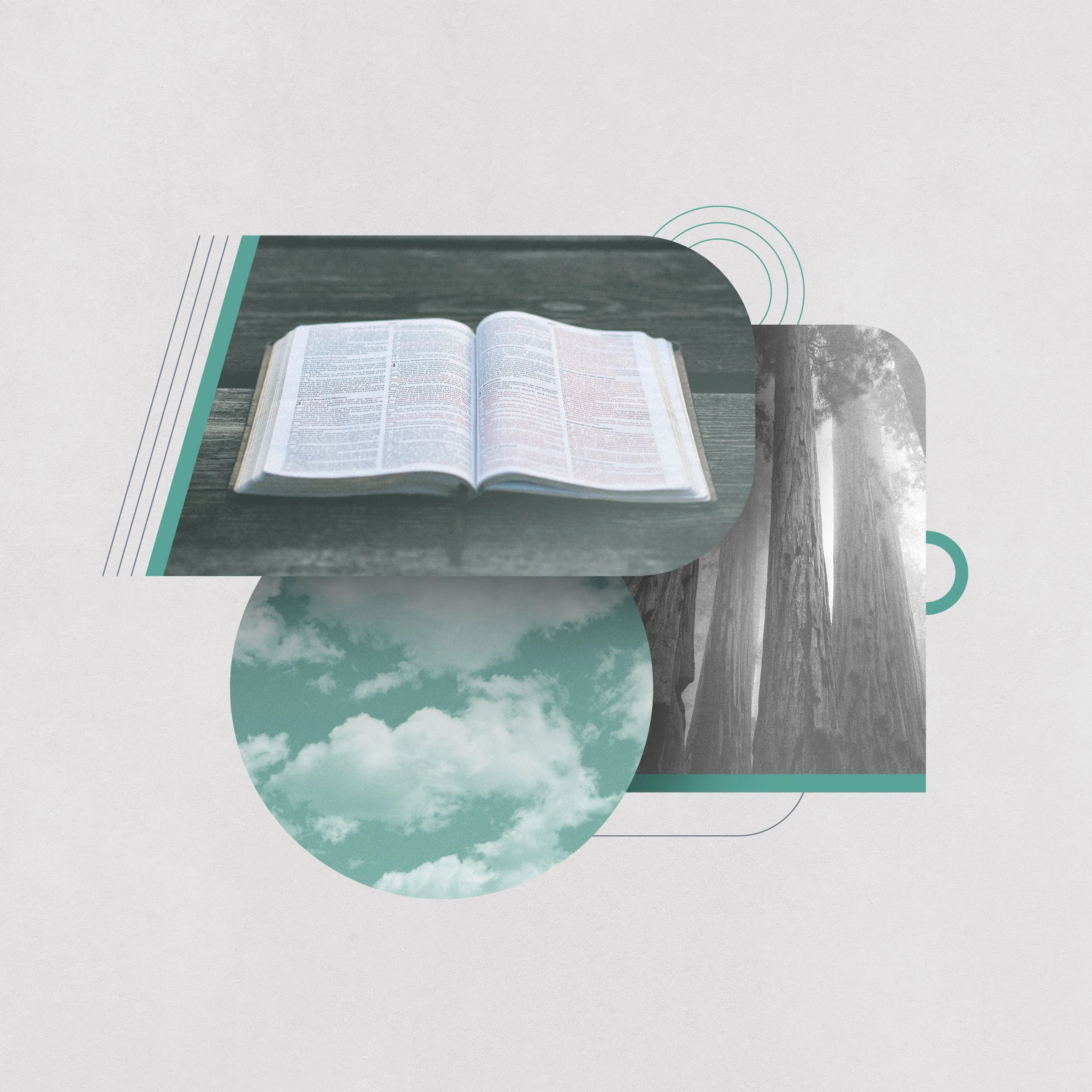3 Things You Should Know About Micah

The prophecy of Micah is the sixth of the twelve Minor Prophets. His three oracles (Mic. 1:2–2:13; 3:1–5:15; 6:1–7:20) predicted the judgment of the Lord on the rebellious Northern Kingdom of Israel, rebuked the prevailing injustices of the prosperous Southern Kingdom of Judah, and proclaimed the hope of the promised coming Messiah.
1. Micah was a contemporary of Isaiah and Hosea and shared in their message of calling Israel to repentance.
Micah ministered during the second half of the eighth century BC during the reigns of Jotham, Ahaz, and Hezekiah, a generation after the prophets Amos and Jonah. These were tumultuous days. The Assyrian king Shalmaneser sacked Samaria, conquered Israel, and threatened Judah. The rich oppressed the poor. Political corruption, cultural decline, and spiritual declension ran rampant. Like all the other prophets, Micah, Isaiah, and Hosea shared a common message calling God’s chosen people to repentance. Like Zechariah, the message was to declare the words, statutes, and commandments of the Lord that the people might be overtaken and repent (Zech. 1:6). Like Joel, the message was that they might put on sackcloth and lament (Joel 1:13). Like Ezekiel, the message was that they might repent and turn from all their transgressions lest iniquity be their stumbling block (Ezek. 18:30). This is the constant refrain of hope in the prophets:
Zion shall be redeemed by justice,
and those in her who repent, by righteousness.” (Isa. 1:27)
Of course, Micah’s message of repentance was not exactly a welcome one—even if it was a refrain of hope. It wasn’t in the days of the prophets, and it still isn’t today.
2. Because of this native resistance to the message of repentance, the prophets were often cast in the role of God’s “prosecuting attorneys.”
Sometimes, the prosecutorial role of the prophets is very explicit, as it is in Micah’s prophecy (Mic. 6:1–8). You will notice all the elements of a dramatic courtroom scene, with charges brought by the Lord against His chosen people. The case is called from the very throne room of heaven (Mic. 6:1). All of the teeming creation—from the mountains and hills to the very foundations of the earth—is summoned to hear the evidence and bear witness to the proceedings (Mic. 6:2). The prosecutor then presents His evidence (Mic. 6:3–5) and the defendant explores the possibility of a plea bargain (Mic. 6:6–7). The people had “wearied” of the Lord (Mic. 6:3). Thus, the charge against them was a very serious one: infidelity. The indictment rested on four incidents from the people’s redemption history. The first was their dramatic rescue from slavery in Egypt (Mic. 6:4). The second was the raising up of godly leadership—Moses, Aaron, and Miriam—during the wilderness wanderings (Mic. 6:4). The third was the reversal of Balaam’s curses just as they were about to make their way into the promised land flowing with milk and honey (Mic. 6:5). And the fourth was the long-awaited crossing over the Jordan—Shittim was the last east bank encampment, Gilgal was the first west bank encampment (Mic. 6:5).
In each case, God had demonstrated His covenant faithfulness. In His good providence, He had brought the people through every danger and supplied their every need. But the people had failed to respond in kind. Their love had grown cold.
Notice that the defendants readily accept their guilt but then wonder how amends might be made. Perhaps burnt offerings? Maybe yearling calves? Or thousands of rams? Or ten thousand rivers of oil? Or even the firstborn among her children (Mic. 6:6–7)? But no, the King, Judge, and Lawgiver answers by saying that He requires something far greater and far more precious than any of these things. He does not require a gift. Instead, He requires the giver:
He has told you, O man, what is good;
and what does the Lord require of you
but to do justice, and to love kindness,
and to walk humbly with your God? (Mic. 6:8)
The call to repentance here is inescapably clear. It is little wonder then that Jesus would later sum up “the weightier matters of the law” by repeating the prophet’s triad of virtues: justice, mercy, and humility (Matt. 23:23), calling the scribes and the Pharisees to repentance. Alas, they didn’t receive it any better than their forefathers did. Thus, “He came to his own, and his own people did not receive him” (John 1:11). But it is precisely in humble repentance that we find our way back to healing and hope. It is in repentance that we are enabled to hear the message of grace.
3. The message of grace is as clearly proclaimed as the warning of judgment and the call to repentance.
Micah’s prophecy resounds with the hope of redemption and restoration. Both Isaiah and Jeremiah quote Micah to reiterate his prophetic promise that even though “Zion shall be plowed as a field” and “Jerusalem shall become a heap of ruins,” nevertheless “in the latter days” the “mountain of the house of the Lord shall be established” and “all nations shall flow to it” (Isa. 2:2–4; Jer. 26:17–19; Mic. 3:12–4:3). Matthew quotes Micah proclaiming the coming of the Messiah from Bethlehem, “the majesty of the name of Lord,” and “the shepherd of his flock” (Matt. 2:6; Mic. 5:2–4). Luke also quotes him (Luke 12:53; Mic. 7:6 and Luke 11:42–43; Mic. 6:8), thus couching the declaration of the good news in the language of the prophet.
Taken together, Micah’s message is a powerful shorthand declaration of the majesty of God’s sovereignty, the inviolable character of God’s covenant, the certainty of God’s justice, and the wonder of God’s abounding grace.
This article is part of the Every Book of the Bible: 3 Things to Know collection.


